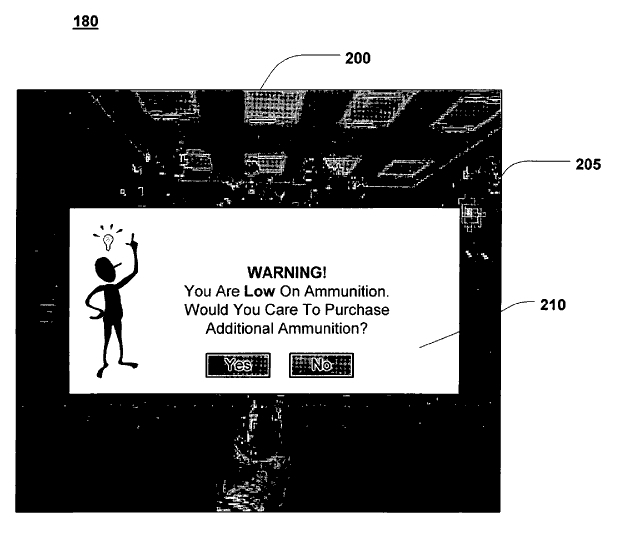
Over the last few years, wide swathes of the game industry, and the downloadable app industry in general, have been revolutionized by a single idea: letting people play for free while charging some of those players for in-game items. Now, it seems, a shell company is claiming that it has sole ownership of that idea, and is going to court to stop a wide range of game companies from using it.
Gametek LLC has filed a lawsuit against 21 of the biggest companies in social gaming, including Facebook, Zynga (Farmville et al), Electronic Arts (The Sims Social), Wooga (Diamond Dash) and 6Waves (Ravenwood Fair), as well as separate suits against iOS game developers such as Backflip (Ragdoll Blaster) and Gameview (Tap Fish).
The filings allege that these companies are all infringing on US patent 7,076,445, which describes "a system and methods allowing the creation, integration, and transaction of advantages." The patent later refines this vague notion to specifically include computer systems that allow a user to:
...register his/her profile information with an advantages content provider such that when navigating through the computing application, the user have [sic] access to and purchase offered advantages and interact with interactive advertisements to purchase products and or services.
Do they have a case?
That description sounds a lot like the basis for every free-to-play game ever made, but is it an idea that Gametek can actually claim exclusive rights to? "It looks like the patent was filed June 20, 2000, and at that time, I'm not sure this isn't a novel idea," Dallas attorney and Law of the Game blog author Mark Methenitis tells Ars Technica. The early filing means the patent "predates Facebook and most all of the social games as we know them," Methenitis notes, though older gaming services like AOL and Yahoo Games may have been using similar techniques before that.
But the lawsuit doesn't seem to comes from a company that actually makes such games. The patent in question was granted in 2006 as the sole protected invention for one Shawn Cartwright. It was then transferred to little-known "revenue transaction software" company Theados Corp. last year, before being reassigned to plaintiff Gametek earlier this month.
The Gametek LLC that filed the lawsuit is based in Newport Beach, Ca., but shares a name with a Florida-based, early-'90s game developer best known for game show adaptations which closed its doors in 1998. The shell company doesn't seem to have any legitimate products in social gaming or any other field, and may have been created specifically to argue this case.
Forced licensing?
Gametek is seeking a permanent injunction on all companies that make use of the in-game purchases described in the patent, which could put a stop to one of the most vibrant sectors of the game industry. But even if Gametek is successful in its argument, Methenitis believes the company would be forced into a "fair, reasonable and non-discriminatory" (FRAND) licensing arrangement that would allow other companies to use make use of in-game purchases after paying a small fee.
"This could potentially crater a large chunk of not only Facebook, but the entire mobile app ecosystem," Methenitis notes. "The impact may be enough to even get to compulsory licensing if the patent holder wants to be completely unreasonable or if we get into potential antitrust problems as a result of the patent holder's licensing tactics. This should be an interesting case to watch."
Listing image by Illustration by Shawn D. Cartwright
reader comments